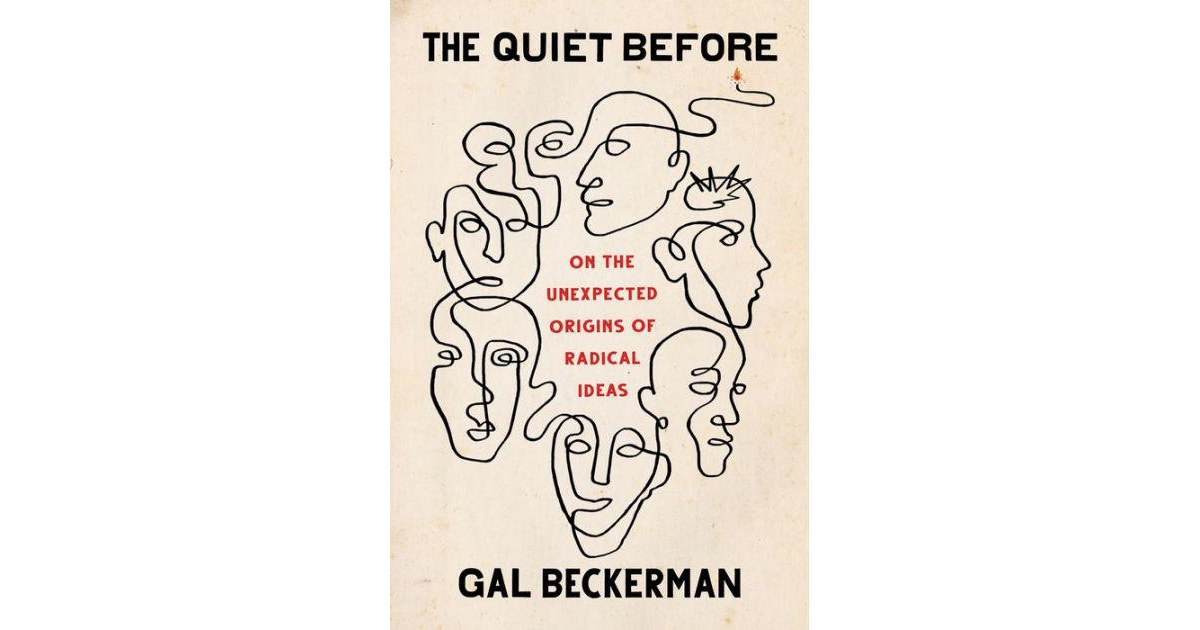New York Times Editors' choice- An elegantly argued and exuberantly narrated (The New York Times Book Review) look at the building of social movements from the 1600s to the present and how current technology is undermining them. A bravura work of scholarship and reporting, featuring amazing individuals and dramatic events from seventeenth-century France to Rome, Moscow, Cairo, and contemporary Minneapolis. Louis Menand, author of The Free World We tend to think of revolutions as loud- frustrations and demands shouted in the streets. But the ideas fueling them have traditionally been conceived in much quieter spaces, in the small, secluded corners where a vanguard can whisper among themselves, imagine alternate realities, and deliberate about how to achieve their goals. This extraordinary book is a search for those spaces, over centuries and across continents, and a warning that in a world dominated by social media, they might soon go extinct. Gal Beckerman, an editor at The New York Times Book Review, takes us back to the seventeenth century, to the correspondence that jump-started the scientific revolution, and then forward through time to examine engines of social change- the petitions that secured the right to vote in 1830s Britain, the zines that gave voice to women's rage in the early 1990s, and even the messaging apps used by.











